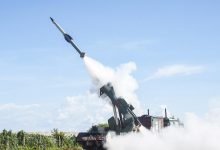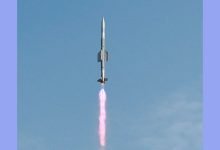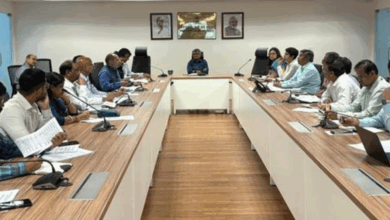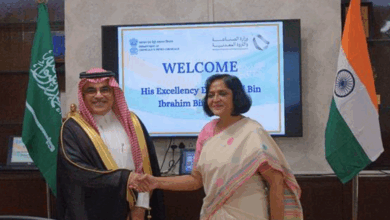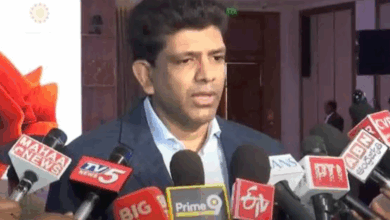Second Successful Flight Test of QRSAM System

QTest was carried out once again, against the high performance Jet Unmanned Aerial Target
November 18, 2020 (Delhi): In yet another flight test, the Quick Reaction Surface to Air Missile (QRSAM) System tracked the target accurately and successfully neutralised the airborne target. The flight test, second in the series was conducted yesterday at around 1542 hrs from the Integrated Test Range, Chandipur, off the coast of Odisha. The test was carried out once again, against the high performance Jet Unmanned Aerial Target called Banshee, which simulates an aircraft.
The Radars acquired the target from a long range and tracked it till the mission computer automatically launched the missile. Continuous guidance was provided through Radar data link. Missile entered the terminal active homing guidance and reached the target close enough for proximity operation of warhead activation.

The flight test was conducted in the deployment configuration of the weapon system comprising of Launcher, fully Automated Command and Control System, Surveillance System and Multi Function Radars. The QRSAM weapon system, which can operate on the move, consists of all indigenously developed subsystems. All objectives of the test were fully met. The launch was carried out in the presence of the users from Indian Army.
A number of range instruments like Radar, Telemetry and Electro Optical Sensors were deployed which captured the complete flight data and verified the performance of the missile.
Teams from ARDE and R&DE(E) from Pune, LRDE Bengaluru, and IRDE Dehradun in addition to the Missile Complex Laboratories from Hyderabad and Balasore participated in the test.
The first in the series test of QRSAM took place on 13th Nov 2020 achieving the milestone of a direct hit. Second test proved the performance parameters of warhead.
Raksha Mantri Shri Rajnath Singh congratulated DRDO scientists on the successful flight test of QRSAM. Secretary DDR&D & Chairman DRDO Dr G Satheesh Reddy congratulated all the teams who worked on the QRSAM project, on the second continuous successful flight test.

